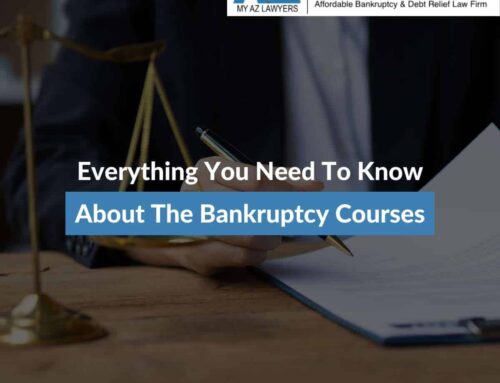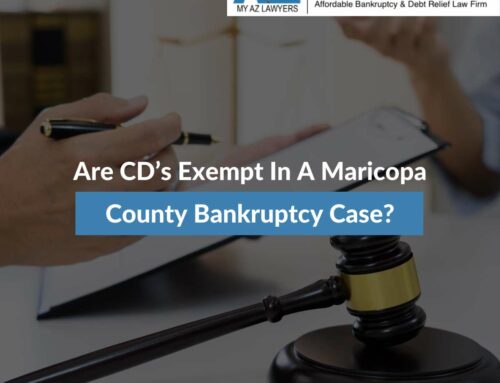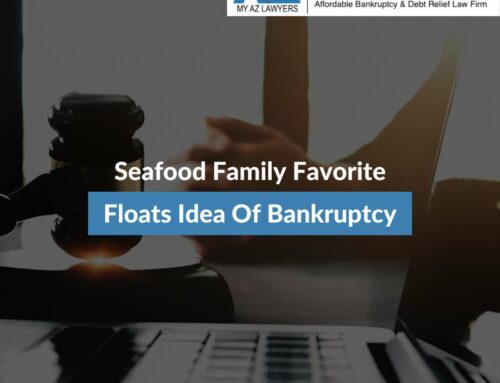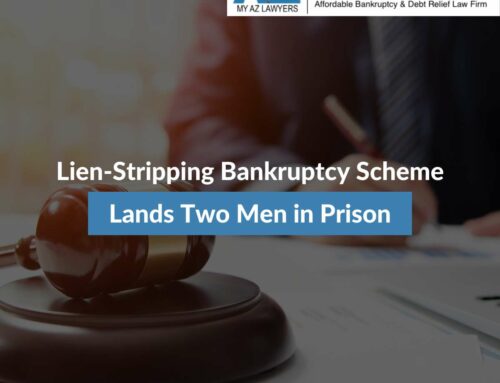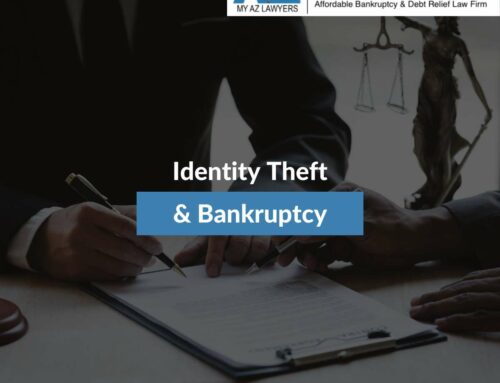Job Hunting Sites Career Builder & Monster Declare Bankruptcy
It’s a sign of the times when a firm that runs huge websites meant for job hunting ends up bankrupt. But like almost every industry, the field is saturated with competition and the economy has presented unforeseen challenges ever since the pandemic. Fast casual restaurants and companies that produce and sell discretionary products are hit the hardest when the economy is tight. One might think that as the cost of living increases at a pace greater than household income, more people would be hunting for jobs and making companies in that industry more money. But Career Builder and Monster filed for chapter 11 bankruptcy protection on June 24, 2025.
Both founded in the 1990’s, Career Builder and Monster eventually joined as one firm specializing in people’s job hunts. The firm began to struggle during the COVID-19 pandemic, as user subscriptions fell. Last year, Career Builder’s revenue dropped an additional 40%. This, coupled with the rise of AI, led the firm to cut some of its workforce. But the Career Builder + Monster firm still managed to amass approximately between $100 and $500 million, according to the chapter 11 bankruptcy petition it filed in June 2025. In the same petition, it reported only having between $50 million and $100 million in assets, making the firm far deep in the hole.
Career Builder + Monster already has a specific plan in place for its chapter 11 bankruptcy case. The job board aspect of its business will be sold to JobGet Inc. Monster Media Properties will be purchased by Valnet Inc. Monster Government Services will be transferred to Valsoft Corp. The firm also plans to obtain $20 million in debtor-in-possesion financing from Blue Torch Capital, and continue laying off staff to reduce operating expenses. Any remaining assets could be sold at bankruptcy auction.
Anyone who has sought new employment in the past few years might not be surprised by the Career Builder + Monster bankruptcy filing. Competitors like Indeed and ZipRecruiter have overtaken the market, and job seekers have every reason to stick to the more popular sites for their purpose. Only time will tell if the firm seeks to restrategize their brands or if they are sold for parts. Bankruptcy doesn’t have to be such a permanent detriment when in the context of a consumer household. Learn more about the process of declaring chapter 7 or chapter 13 bankruptcy in Arizona with no risk or obligation. Schedule your free consultation with an experienced professional today by calling 480-470-0005.
How Is Chapter 11 Bankruptcy Different From Consumer Bankruptcy?
Career Builder + Monster filed its bankruptcy as a chapter 11 case. Chapter 11 bankruptcy is available for individual consumers to use for personal debt relief, but is seen much more commonly as a failsafe for struggling businesses. While some companies seek bankruptcy protection with chapter 7, the most common form of consumer bankruptcy, chapter 11 bankruptcy has provisions that are uniquely beneficial to businesses. When a business uses chapter 7 bankruptcy, it generally means they are permanently shutting down their operations. But businesses that file for chapter 11 bankruptcy typically have plans to implement new strategies after their cases have been discharged. Chapter 11 bankruptcy can be instrumental in fending off creditors to give the company time to implement those strategies.
Most consumers opt for chapter 7 over chapter 11 because of the relative time and expense it takes to file each. Chapter 11 is more costly to file because of the level of participation it requires from creditors. Here, the debtor’s top creditors must send representatives to form a creditor committee. The committee must vote on several issues throughout the chapter 11 bankruptcy process. The company can continue its daily operations as usual. But decisions that affect the company’s long-term financial situation must be ran past the committee. For example, if a car rental company wants to sell off a large portion of its fleet during chapter 11 bankruptcy, the committee will vote on whether to approve or deny this course of action. If a clothing store chain wants to close several of its locations and pivot to online sales, this is also the type of issue on which a chapter 11 creditor committee would vote. The committee also votes on how the company will emerge from bankruptcy. At this point, the case is discharged and the company can move forward with whatever changes it implemented in bankruptcy. Small businesses, or those with less than $7.5 million in debt, can take advantage of provisions that allow them to skip the creditor committee process unless specifically requested.
Completing a bankruptcy is faster and simpler when the debtor opts for chapter 7 over chapter 11. Chapter 7 bankruptcy clears almost all unsecured non-priority debts. The relief that erasing credit card bills, medical debts, and more, can be powerful to someone who is drowning in debt. The mandatory hearing for all bankruptcy cases, the 341 Meeting of Creditors, is typically held 4-6 weeks after the debtor files their petition in court. Creditors have a 60-day deadline after this hearing to raise any objections they may have to the case, and their debts, being discharged. Once this deadline has expired, the debtor’s case is eligible for discharge. This should occur shortly after the eligibility date, depending on how busy the local court is. Most creditors won’t bother with objecting to the discharge, and have financial departments fully prepared and familiar with the chapter 7 bankruptcy process. However, if you have concerns about your creditors not backing down in a chapter 7 case, you should discuss your case with a bankruptcy attorney in your jurisdiction. Our Phoenix and Tucson bankruptcy lawyers offer free case evaluations by phone and flexible post-filing payment options starting at Zero Dollars Down. Schedule your free consultation today at 480-470-0005.
Clearing Overwhelming Debt By Declaring Bankruptcy In Arizona
Difficult economic conditions have caused a variety of industries to struggle in the past few years. When businesses fail, people lose their jobs, stop shopping at local businesses, and it can have a ripple effect throughout the community. If you fall behind on your bills, your creditors can make your life more stressful in several ways, such as collection calls, lawsuits, wage garnishments, and more. Without some sudden influx of funds coming your way, like an inheritance or lottery win, it can be nearly impossible to get out of debt. But you don’t have to be sentenced to a life with unmanageable debt. Bankruptcy can clear financial burdens like credit cards and medical bills, making life more affordable after your case has been discharged due to less of your monthly income going towards expenses like interest and late fees. While our office can file petitions quickly in emergency situations, most of our clients get the most out of bankruptcy when their filings are planned thoroughly and in advance. That means that whenever possible, you should begin planning your bankruptcy before being on the receiving end of a collection action like a summons. Discuss your case with an experienced Arizona bankruptcy professional today with no risk or obligation. Schedule your free consultation by calling 480-470-0005.


